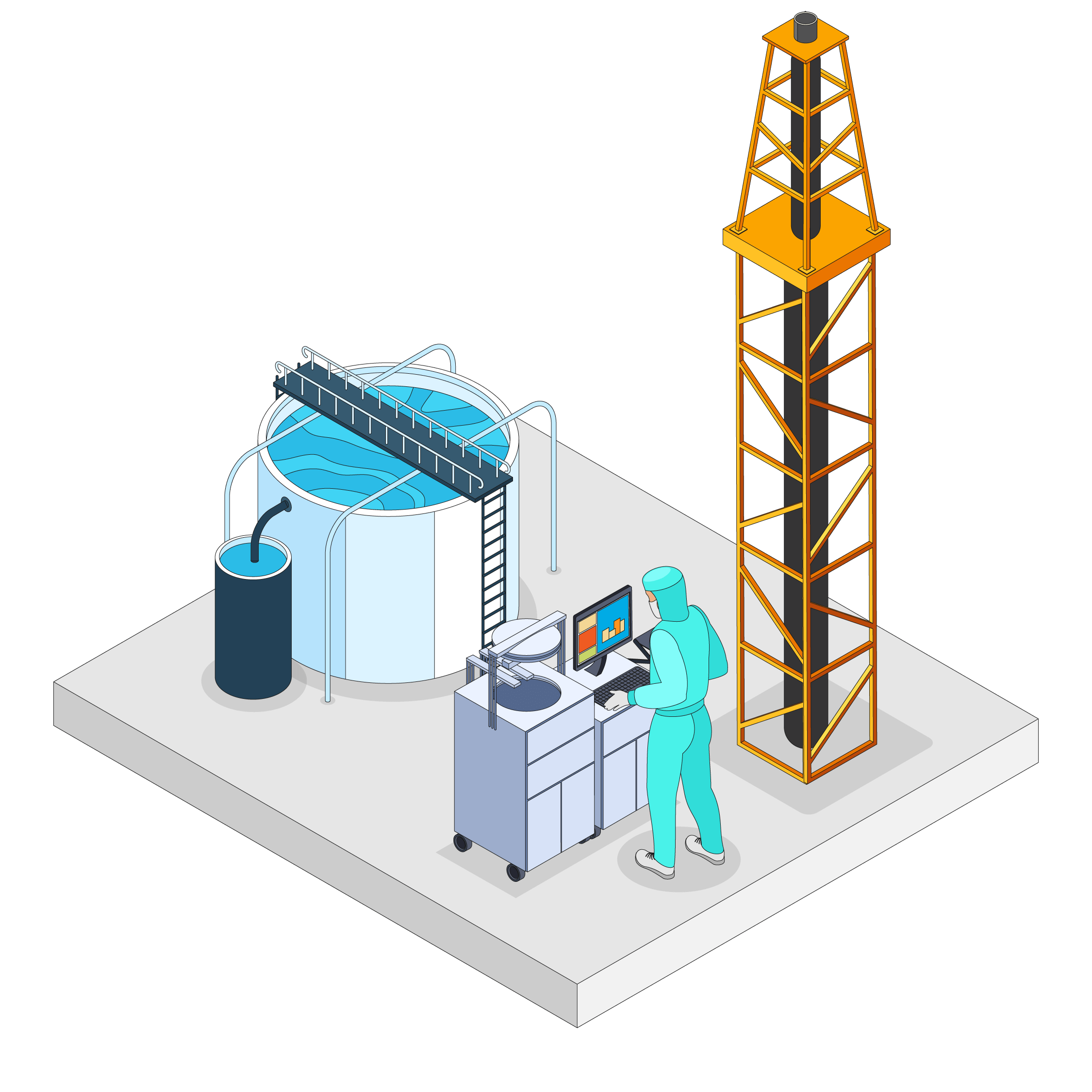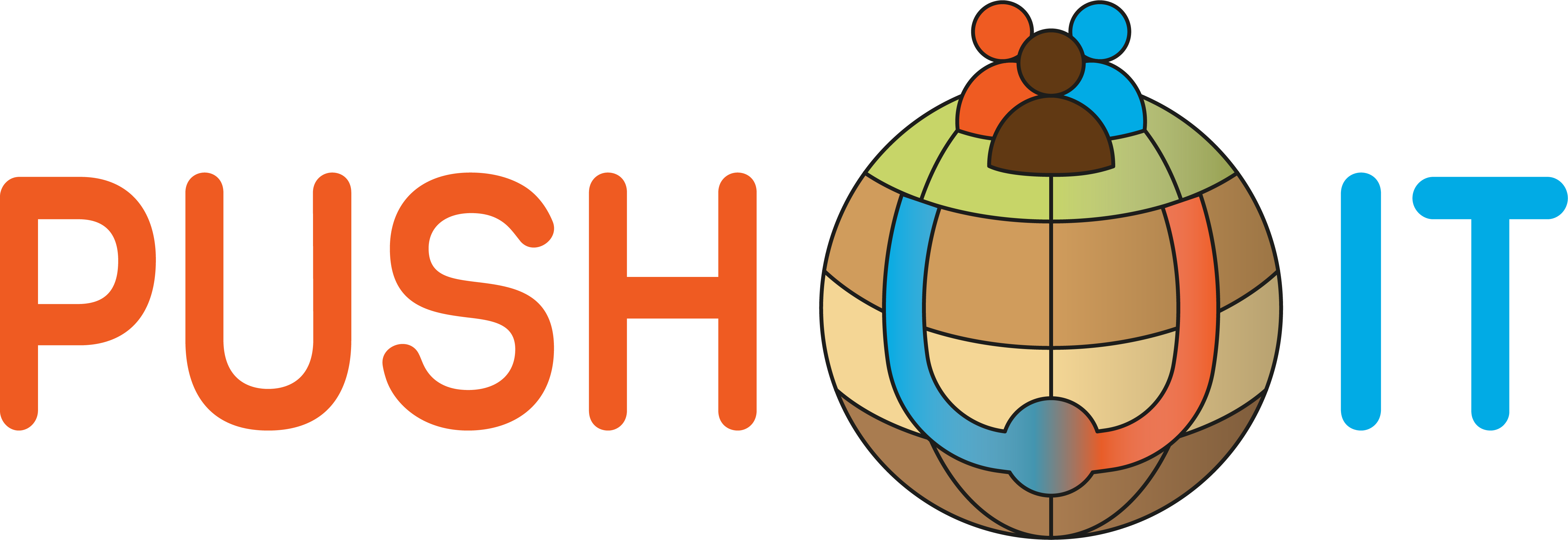Topics
At the demo and follower sites, cross-cutting challenges are addressed for site specific implementation, and for developing insights that can be applied across Europe.

We will also evaluate the effectiveness of regulatory approaches in the different sites and countries in supporting development of these new technologies and managing their impacts. We will use these findings to develop recommendations for future regulation of heat storage systems.
To help speed up market upscaling of heat storage, we will identify key technical and economic drivers and lessons learned to reduce the levelized cost of energy (LCOE). This way, we can make our heating system more affordable and environmentally friendly.
Impacts
- Better sustainable business models with embedded citizen participation that advance commercial viability of heat storage.
- Increased public awareness, trust and support for underground heat storage projects, both widely and at the local pilots.
- Faster market upscaling of heat storage by reducing levelized costs of energy and identifying key policies, regulations, and technical and economic drivers.
Optimal system integration & control
To maximise the benefits of geothermal energy in district heating networks, the operation of those networks should be adopted to the specifics of the geothermal reservoirs. For this, we will develop and demonstrate a smart district heating network controller. This controller will be able to adjust the heat demand of the network using demand side management so that the heat demand is tailored to the real-time conditions of the geothermal reservoir and the heat producing installations.

Furthermore, the smart district heating network controller will be able to reduce heat loss in the heating network by decreasing the supply and return temperature of the network. It will also maximise the capacity of the expensive geothermal wells by increasing the difference between extraction and injection temperature.
Impacts
- Reduced costs and emissions for sustainable heat systems due to smart control and improved operational strategies.
- Ensuring environmental protection through efficient monitoring and reductions in scaling and corrosion.
- Better integration of sustainable and surplus heat sources in district heating networks (geothermal, solar and industrial surplus heat).
Enabling technologies
Well drilling is the biggest cost in geothermal projects. To avoid severe problems during operation of the well and ensure safety, we need adequate information and knowledge. We will learn from approaches in the deep geothermal, oil and gas sector and from low temperature heat storage systems to combine key advantages of each approach. Since heat storage needs to be in urban environments to prevent heat losses during transport, additional requirements for monitoring need to be met.

Another challenge for heat storage is ensuring water quality. Potential issues that we are looking into include corrosion and scaling in wells, clogging and loss of productivity in near wells, and geochemical or microbiological changes in shallower aquifers due to changing temperatures. Potential solutions and good practices to manage these issues already exist but need improvement. Additionally, for heat storage in geothermal reservoirs several specificities have not been thoroughly investigated, for example, the need to use reversible wells, reversible fluxes in the reservoir, temperature and pressure cycling, and the higher heat temperature. Furthermore, the role of microbiology has often been neglected and is anticipated to be more sensitive in storage applications due to significant fluctuating temperature changes. The PUSH-IT project will address these issues.
We also aim to provide the demo sites with a digital platform to monitor, manage and optimise the conditions of the well and the other parts of the system. Monitoring begins before the start of storage well drilling. This ensures that the original condition of the groundwater as well as natural fluctuations are sufficiently known and thus the influence of drilling and operation can be distinguished from these.
Impacts
- Decreased costs of sustainable heat due to improved supporting technologies that improve performance.
- Faster and safer realisation and operation of geothermal wells through better monitoring and knowledge sharing.
- Safe and high-quality water by improving and implementing solutions and good practices that address corrosion, scaling, and geochemical and microbiological changes.

PUSH-IT is a project funded by the European Union’s Horizon Europe research and innovation programme under grant agreement No 101096566.
Funded by the European Union. Views and opinions expressed are however those of the author(s) only and do not necessarily reflect those of the European Union. Neither the European Union nor the granting authority can be held responsible for them.

Social engagement, societal benefits, and risks and regulations
Key experts on societal engagement from academia and practice will study the societal aspects of PUSH-IT. We will examine differences how public understanding and support of high temperature underground heat storage differs over time and among social groups. We will work closely with communities to develop engagement plans on trust-building and public understanding and support of heat storage.